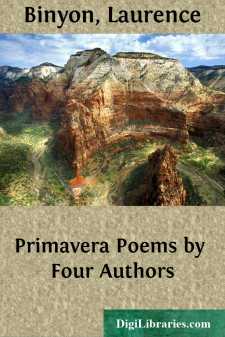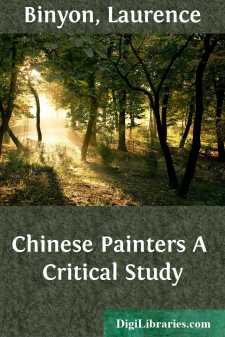Categories
- Antiques & Collectibles 13
- Architecture 36
- Art 48
- Bibles 22
- Biography & Autobiography 816
- Body, Mind & Spirit 145
- Business & Economics 28
- Children's Books 17
- Children's Fiction 14
- Computers 4
- Cooking 94
- Crafts & Hobbies 4
- Drama 346
- Education 58
- Family & Relationships 59
- Fiction 11834
- Foreign Language Study 3
- Games 19
- Gardening 17
- Health & Fitness 34
- History 1378
- House & Home 1
- Humor 147
- Juvenile Fiction 1873
- Juvenile Nonfiction 202
- Language Arts & Disciplines 89
- Law 16
- Literary Collections 686
- Literary Criticism 179
- Mathematics 13
- Medical 41
- Music 40
- Nature 179
- Non-Classifiable 1768
- Performing Arts 7
- Periodicals 1453
- Philosophy 66
- Photography 2
- Poetry 897
- Political Science 203
- Psychology 45
- Reference 154
- Religion 516
- Science 126
- Self-Help 85
- Social Science 82
- Sports & Recreation 34
- Study Aids 3
- Technology & Engineering 59
- Transportation 23
- Travel 463
- True Crime 29
Our website is made possible by displaying online advertisements to our visitors.
Please consider supporting us by disabling your ad blocker.
Primavera Poems by Four Authors
by: Laurence Binyon
Description:
Excerpt
PREFACE
This little book was written by four friends, three of them under-graduates at Oxford, and all of them penetrated with the spirit of the higher culture of our time. The poems, it is clear, have been carefully selected; and, it is probable, have been diligently polished. There is not one which is not remarkable for delicacy of style and conscious aiming after excellence in art. Whether these qualities promise well for future achievement and development is a question open to debate. But there can be no doubt that in Primavera we possess another of those tiny verse-books like Ionica, or Mr. Percy Pinkerton's Galeazzo, which will not lose in freshness and in perfume as the years go by.
The poems have the distinction of making one wish to be acquainted with their authors. Though they differ a good deal in mental tone, perhaps also somewhat in literary merit, they possess marked common characteristics: a restrained refinement, a subdued reserve, a gentle melancholy; the note of the latest Anglican æsthetic school. We find no humour, no Sturm und Drang, no inequalities and incoherences of passion. Even where it is obvious that the emotion has been intense, possibly of a rare and peculiar strain, as in Mr. Binyon's "Testamentum Amoris" and Mr. Phillips's "To a Lost Love," the expression of it obeys no violence of impulse. A tender tone of regret, rather than of acute grief, steeps these stanzas (to quote one instance) addressed to a friend removed into the spiritual world by death.
"Oh, thou art cold! In that high sphereThou art a thing apart,
Losing in saner happiness
This madness of the heart.
"And yet, at times, thou still shalt feel
A passing breath, a pain;
Disturb'd, as though a door in heaven
Had oped and closed again.
"And thou shalt shiver, while the hymns,
The solemn hymns, shall cease;
A moment half remember me;
Then turn away to peace."
It would be invidious to institute critical comparisons between the styles of these four friends and their respective merits. It may, however, be remarked that Mr. Manmohan Ghose's work possesses a peculiar interest on account of its really notable command of the subtleties of English prosody and diction, combined with just a touch of foreign feeling. The artful employment of imperfect rhymes in "Raymond and Ida" illustrates what I mean. Occasionally, too, Mr. Ghose produces exactly the right phrase by means of a felicitous simplicity. Notice the line which I have italicised in the following stanza:
"In the deep West the heavens grow heavenlier,Eve after eve; and still
The glorious stars remember to appear;
The roses on the hill
Are fragrant as before;
Only thy face, of all that's dear,
I shall see nevermore!"
Take, again, these two lines:
"Forget the shining of the stars, forgetThe vernal visitation of the rose."
There is but one piece of blank verse in the book. This prologue to "Orestes," by Mr. Stephen Phillips, has strength, is firm in outline, somewhat tardy in movement, fit for sonorous declamation....



